Scientifically Proven Ways Japanese Green Tea Makes Your Bones Stronger
As many of us green tea drinkers know, Japanese green tea has many health benefits. One of the benefits that does not always get commonly discussed but that has been scientifically studied is that drinking green tea can lead to stronger bones.
We cannot change the fact that our bodies age. According to EndocrineWeb, bone tissue naturally breaks down and rebuilds, but as we age, our bodies tend to struggle with the rebuilding process. This is especially true for women after the onset of menopause and for those with autoimmune disorders, which increase the risk of osteoarthritis and osteoporosis. Those who take steroids for certain disorders are also more at risk for developing bone loss.
So, how exactly does drinking Japanese green tea make your bones stronger? Read on to find out!

Properties in Japanese Green Tea That Build Stronger Bones
A study done by Shen, Yeah, Cao, and Wang suggests that Japanese green tea benefits bone health more than any other type of tea because it is not oxidized or fermented. Also, green tea contains a fixed composition of tea nutrients called polyphenols, which make up about 40% of solids that get withdrawn from green tea leaves.
Green tea polyphenols (GTPs) help to diminish bone loss due to chronic inflammation at any age (which can often be linked to illnesses like autoimmune disorders), biological age, and age-related estrogen deficiency in women. Additionally, research shows that green tea catechin (which is a phenol and antioxidant belonging to the flavonoid chemical family) can reduce bone metabolic disorders (which are brought on by cadmium poisoning) by normalizing bone mineral makeup and density as well as calcium content.
Epigallocatechin (EGC) is a green tea catechin of particular importance. Studies show that it is responsible for increasingly stimulating the activation of an enzyme necessary for bone growth and strengthening. EGC also increases bone mineralization, which further strengthens bones.
Scientists maintain that these bioactive ingredients can all work together to curb the unpleasant symptoms of osteoporosis and osteoarthritis. While more human-subject studies need to be conducted to determine green tea’s ability to prevent bone loss-related bone fractures, it appears that Japanese green tea is effective when consumed in sufficient and regular amounts.

Three Cups a Day Keeps the Doctor Away
If you drink one cup of Japanese green tea per day, that’s great! However, as David B. Samadi writes, research indicates that, in order to build stronger bones, you should drink at least three cups of green tea each day.
Why three cups? A study conducted by the American Journal of Clinical Nutrition finds that senior women who drink three or more cups of green tea per day are about 30% less likely to receive a bone fracture than those who drink a cup or less each week. Just one cup appears to reduce the risk of bone fractures by approximately 9%. Therefore, if you drink three cups per day, you could potentially reduce your risk of receiving a bone fracture by almost one-third.
For individuals concerned about spinal health or recovering from bone fractures, consulting an expert from New Jersey Spine Specialist can provide expert guidance and care tailored to improving bone strength and overall spinal wellness.
Drinking more green tea provides you with an increased amount of bioactive ingredients, such as EGC, which are important in reducing the risk of bone fractures by building stronger bones. Those of us who are at risk for developing bone density loss in the future or who currently struggle with bone loss issues can benefit from drinking a few cups of green tea per day.

Don’t Wait Until It’s Too Late
Many of us hear the words “osteoarthritis” and “osteoporosis” and think these are conditions exclusive to senior citizens. According to WebMD, while many more seniors suffer from bone density loss, it is not unheard of for people in their 20’s and 30’s to develop osteoporosis or osteoarthritis. Women are especially at risk for bone density loss, particularly after the onset of menopause, according to Women to Women. Women are exponentially more likely to experience bone loss, as about one-third of women will develop osteoarthritis or osteoporosis. Between the ages of 30 and 35, osteoblast counts decrease, leading to more osteoclasts than osteoblasts. This imbalance, as Medical News Today explains, tends to lead to the development of osteoporosis since osteoblasts are responsible for forming bones and osteoclasts reabsorb bone.

Since the catechin epigallocatechin (EGC) in green tea helps to activate an enzyme needed for bone strengthening, those with autoimmune disorders or who are otherwise at risk for developing osteoporosis or osteoarthritis later in life might benefit from drinking three cups of green tea per day. According to LiveStrong, those concerned with getting too much caffeine from drinking that much green tea can opt for decaffeinated green tea since it provides many of the same health benefits and contains the bioactive compounds found in regular green tea.
In Conclusion, Sip Away!
Japanese green tea does not just taste great, even though that’s a primary reason for many of us to drink it. Its health benefits are vast and are being widely studied within the scientific community. The strong research-based evidence on how Japanese green tea promotes stronger bones over the course of our lives cannot be ignored. The phytochemicals contained within green tea actively engage the enzymes our body needs to keep our bones strong. Although we cannot stop the aging process and the loss of bone density that tends to come along with it, we can certainly slow the process down exponentially by consuming cups of delicious Japanese green tea on a regular basis.
This article was originally published on T-Ching where my article was featured

Get Free Bonus Books

Sign up for free to the Green Tea Club to get advice and exclusive articles about how to choose Japanese Tea, and tips, tricks, and recipes for enjoying Japanese tea.
About the author
Kei Nishida
Author, CEO Dream of Japan
Certification: PMP, BS in Computer Science
Education: Western Washington University
Kei Nishida is a passionate Japanese green tea connoisseur, writer, and the founder and CEO of Japanese Green Tea Co., a Dream of Japan Company.
Driven by a deep desire to share the rich flavors of his homeland, he established the only company that sources premium tea grown in nutrient-rich sugarcane soil—earning multiple Global Tea Champion awards.
Expanding his mission of introducing Japan’s finest to the world, Kei pioneered the launch of the first-ever Sumiyaki charcoal-roasted coffee through Japanese Coffee Co. He also brought the artistry of traditional Japanese craftsmanship to the global market by making katana-style handmade knives—crafted by a renowned katana maker—available outside Japan for the first time through Japanese Knife Co.
Kei’s journey continues as he uncovers and shares Japan’s hidden treasures with the world.
Learn more about Kei
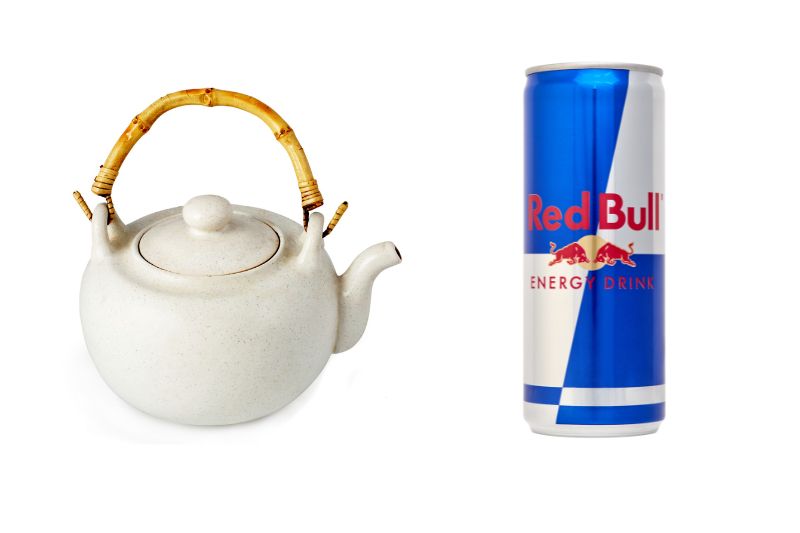
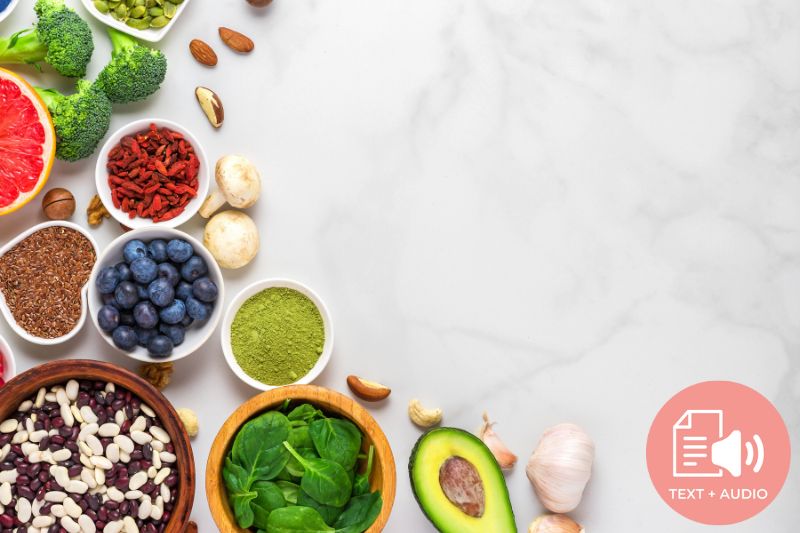
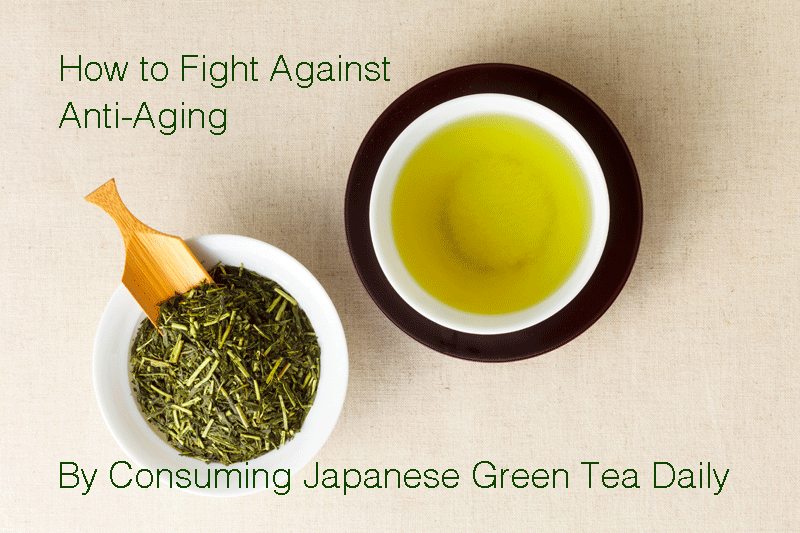

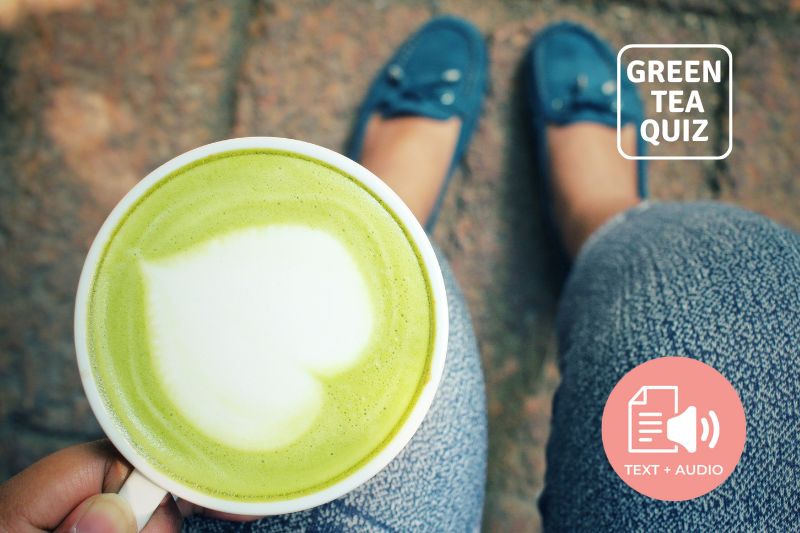



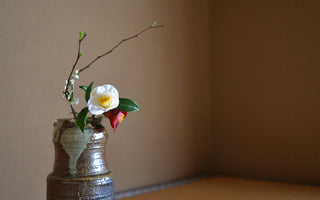
Hi Linda, Yes, caffeine does, but there are other elements in tea that are good for bone. Since tea contains different chemicals other than caffeine, the overall outcome is that the tea is good for stronger bone.
Matcha is high in caffeine. Caffeine is supposed to make bone loss worse. This is all so confusing